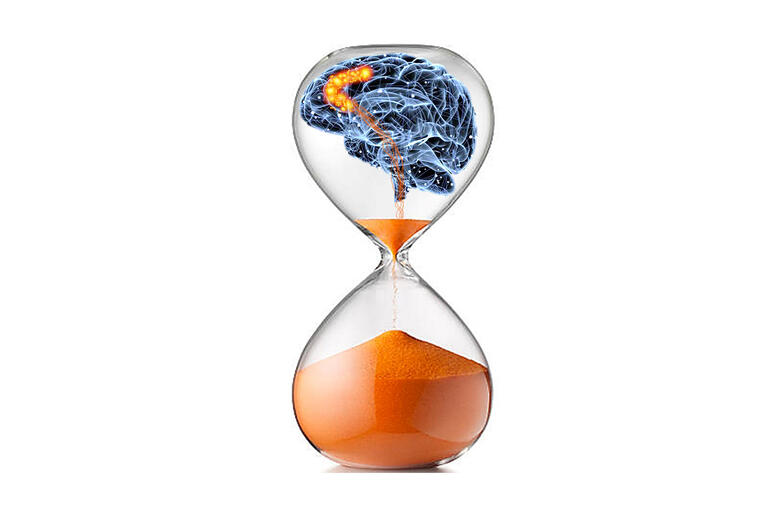James Hyman
Biography
UNLV psychology professor and neuroscientist James Hyman leads the Hyman in vivo Electrophysiology (HivE) Lab. The lab studies neural interactions related to learning, emotion, behavior, time tracking, cognitive flexibility, and memory, and the effects of neurodegenerative and other diseases on these processes.
His most recent work has focused on the anterior cingulate cortex (ACC) and hippocampus — which are integral for memory and cognitive processing, are affected early in Alzheimer’s disease and other neurodegenerative disorders, and represent areas of therapeutic interest for a host of illnesses. For example, one study unraveled how high blood sugar and glucose levels associated with Type 2 diabetes weakened function in these two key parts of the brain. Another study analyzed changes in brain activity patterns to determine how the ACC tracks the passage of time over a span of just a few minutes to hours.
Additionally, Hyman has made several notable discoveries, including hippocampal-prefrontal theta interactions, multiple neural prediction error signals in the ACC, and ACC-led interactions with the hippocampus during long-term memory recall.
Hyman's research has been published in many prominent journals, including Neuron, Nature Neuroscience, Cell Reports, Current Biology, Proceedings of the National Academy of Sciences, and the Journal of Neuroscience. And his work has gathered national media attention from outlets including the Las Vegas Review-Journal, Gizmodo, Neuroscience News, Medical News Today, and KNPR. Hyman also regularly pens a contributor column for Psychology Today.
Education
- Ph.D., Psychology, Boston University
- B.S., Psychology, Virginia Commonwealth University
Related Links
James Hyman In The News
Articles Featuring James Hyman

UNLV Newsmakers 2025: April
A collection of colorful headlines featuring UNLV staff and students.

Study Unlocks How Diabetes Distorts Memory and Reward Processing
UNLV research team says high blood sugar levels appear to weaken function in key part of brain, mimicking Alzheimer’s.

UNLV Newsmakers 2024: July
Roundup of the hottest news headlines featuring UNLV students and staff.

Good Timing: UNLV Study Unravels How Our Brains Track Time
It’s not how many minutes, but how much fun, says new neuroscience research.
